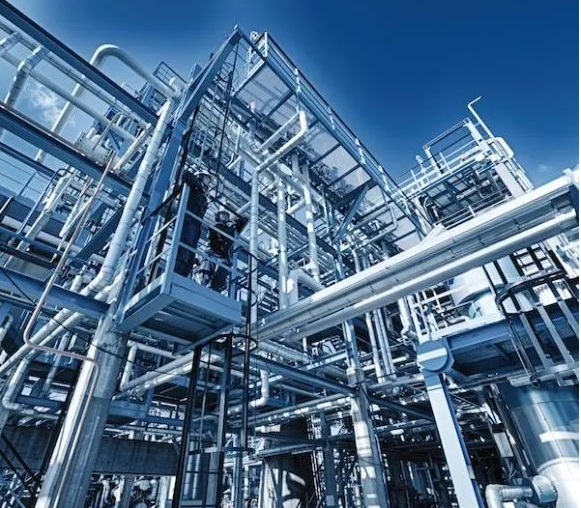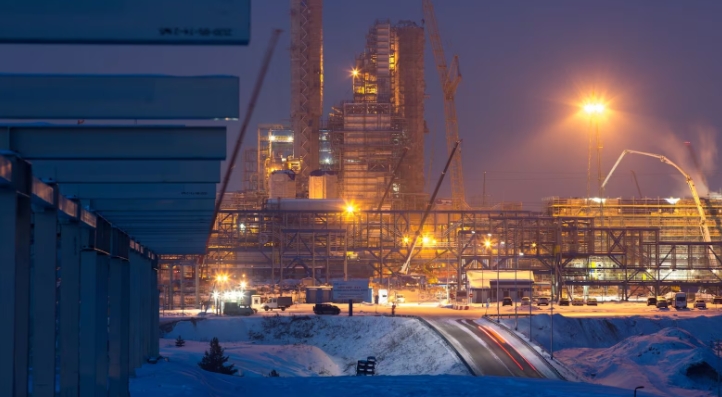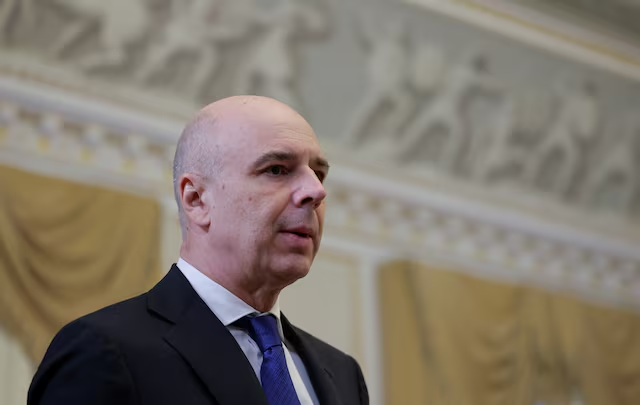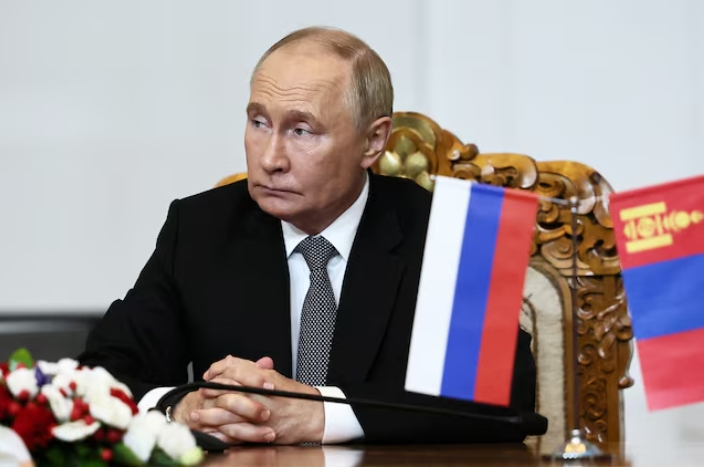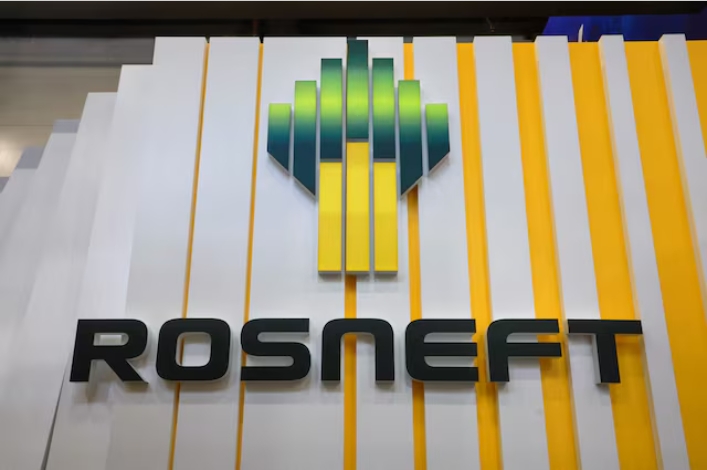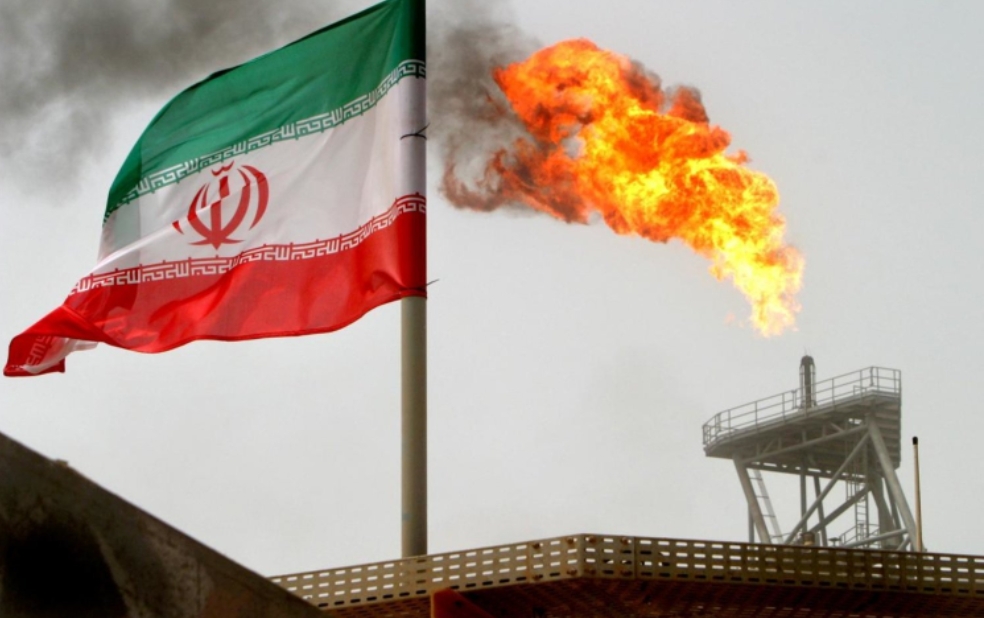Venezuela and Trinidad on Thursday signed a 30-year license granting Shell and NGC the rights to produce the gas and export it to Trinidad. The agreement followed months of negotiations since the United States authorized the project in January.
The U.S. approval and the license came after the parties had unsuccessfully tried in previous years to come to an agreement for joint offshore gas development.
Dragon and a gas project nearby called Manatee which resides in Trinidad's waters are expected to contribute up to 1 trillion cubic feet of gas in its first phase, Trinidad's Energy Minister Stuart Young said. Both fields will compete to inaugurate production.
The Venezuelan license granted this week provides for an initial output of 185 million cubic feet per day of gas to be sent to Trinidad for producing liquefied natural gas (LNG) and petrochemicals, Venezuela's state company PDVSA said on Friday.
Trinidad has been trying to gain access to its neighbor's vast gas reserves as its own output dwindles. On its side, Venezuela is looking for a fresh source of cash from exports.
"What we have done is to find additional resources, and fortunately, we have been able to get an agreement with the government of Venezuela," Prime Minister Keith Rowley said in a broadcast press conference.
Shell will operate the Dragon project and a 18-kilometer pipeline that will link Dragon to its Hibiscus production platform in Trinidad, Young said.
Had Trinidad and Tobago not maintained a close relationship with Venezuela, Shell would not have been given the opportunity to participate in the project, Rowley said.
Some U.S. sanctions on Venezuela were eased in October to encourage free elections in the country next year.
"We have been speaking to Venezuela on all issues", Rowley said, referring to controversial topics including a territorial dispute between Venezuela and Guyana. "But at the end of the day, Trinidad and Tobago stands on its principles."
Dragon and three neighboring offshore gas fields were discovered by PDVSA and its reserves confirmed over a decade ago.
The company installed some infrastructure, did production tests and began building a gasline to Venezuela's shore. But the project was not commercially developed due to lack of partners, investment and, more recently, U.S. sanctions.
